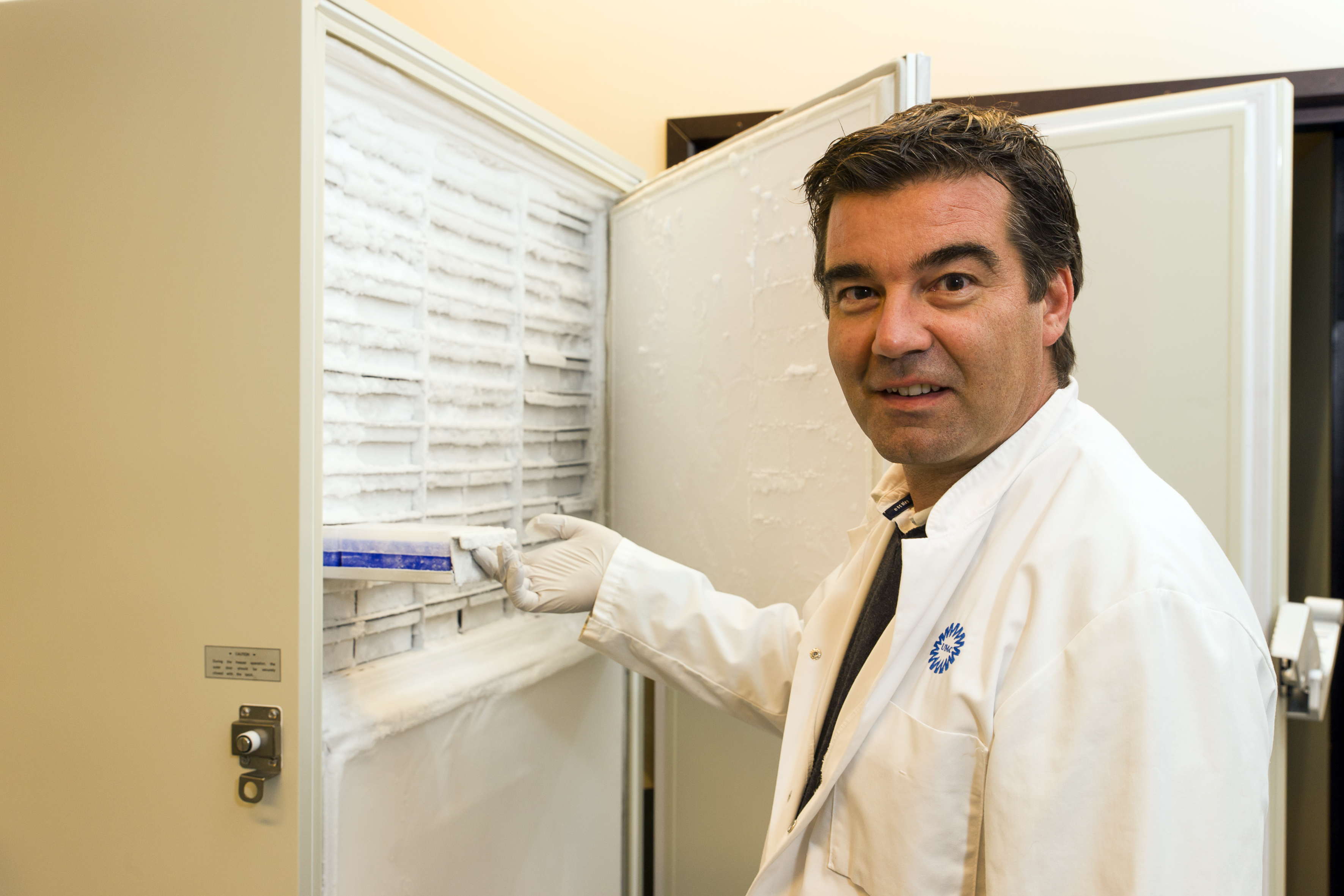 The Project MinE dataset is not only improving our prospects in the fight against ALS/ MND, it is also of help in research of many other diseases. The anonymous data of control subjects in Project MinE is being shared and helps to advance genetics research.
The Project MinE dataset is not only improving our prospects in the fight against ALS/ MND, it is also of help in research of many other diseases. The anonymous data of control subjects in Project MinE is being shared and helps to advance genetics research.
Most genetic research up to now analyses only small parts of the coding DNA (DNA chips). Project MinE has whole genome sequencing data, that is data of all 6 billion letter of the human DNA. Therefore, Project MinE is a very valuable recource for research of other diseases also. The Project MinE data of control subjects is available through the Haplotype reference consortium, a consortium in which researchers worldwide are sharing data. Through this resource Project MinE data is helping out with the missing data (called ‘data imputation’). This way, Project MinE is of huge importance in all kinds of genetics research.
Project MinE data advances research of many other diseases!
The Project MinE researchers and initiators are currently formulating plans for sharing even more data. The long term plan is to make all the data accessible for sharing, taking into account patient confidentiality and privacy laws in participating countries. Among the biggest challenges facing the field in the near future will be the development of protocols for sharing data sets.
Bernard Muller, the entrepreneur and ALS patient who co-initiated Project MinE: “We need to develop a blueprint for data sharing in collaboration with data scientists that can help us design the correct infrastructure. Work we do now to plan for the integration of data from different projects (genetic ALS research) will have major implications for how smoothly that work flows. There are technical challenges, but these can be solved. Even more significant may be the legal hurdles for cross-border data-sharing, which will be needed to integrate data from all ongoing projects”.
Have a read of the ALS Research Forum newsletter that features an overview of Project MinE and other projects of big data/precision medicine in ALS/MND.